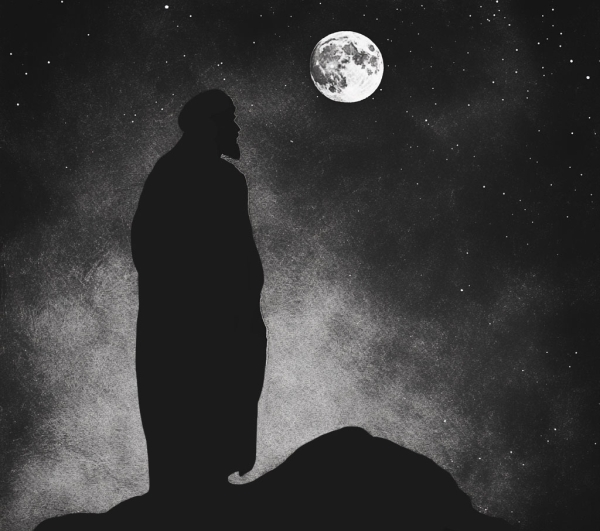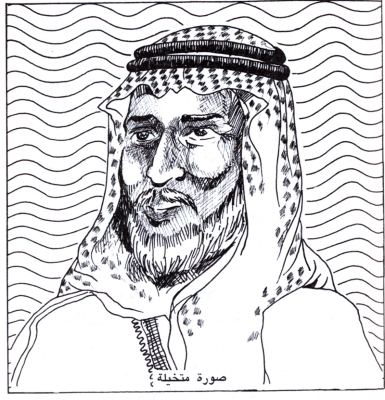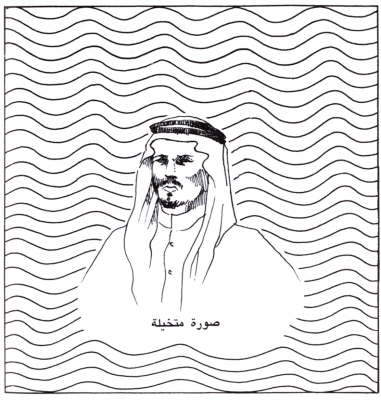
Rashid al-Khalawi was a Saudi traditional poet and astronomer from Najd region. He lived during the late seventeenth century. His poetry blends colloquial and classical Arabic, with notable works including his Ba'iyyah poem, "al-Rawdah," as well as several other poems that reflect his knowledge of astronomy, such as his Daliyah poem.
Life of Rashid al-Khalawi
Rashid Al-Khalawi lived just before the establishment of the First Saudi State and spent most of his life in the desert of Najd, moving between Wadi Hanifah, Ushaiqer, al-Far'ah, Haqila, al-Musaqar, ar-Radheema, al-Sar, al-Zufra, and other regions. His travels were aimed at tracking rainfall locations and grazing areas at the time.
His experiences and travels between regions and countries, along with his social, historical, and poetic knowledge, greatly influenced his science, culture, and poetry. He composed his traditional poems in a natural style, extending from classical Arabic poetry in both its meanings, structure, and themes. This was due to the era in which he lived, where the pattern of traditional poems blended with classical Arabic was common. He also included poems written in eloquent classical Arabic poetic language.
Poetry of Rashid al-Khalawi
Rashid al-Khalawi based his poems on a variety of poetic themes, such as describing women, camels, deserts, and astronomy, as well as pride, wisdom, praise, self-esteem, and romantic love. One of his famous poems is the "Ba'iyyah" titled "al-Rawdah", which consists of around 1,500 verses, making it one of the longest traditional poems. The main focus of the poem is his tribute to his friend, Manee' Bin Salem, whose name is mentioned in several verses.
Al-Khalawi is also regarded as an expert in astronomy, particularly the movement of planets, the positions of stars, their rising and setting, their relationship to wind patterns, paths, rainfall locations, and the appropriate times for planting and cultivation. His knowledge was widely relied upon by many in the Arabian Peninsula, especially in Najd, and he incorporated this expertise into his poetry, proverbs, and experiences. His knowledge extended beyond astronomy to include the behaviors of domesticated and wild animals native to the Arabian Peninsula.
Related quizzes
Related articles


